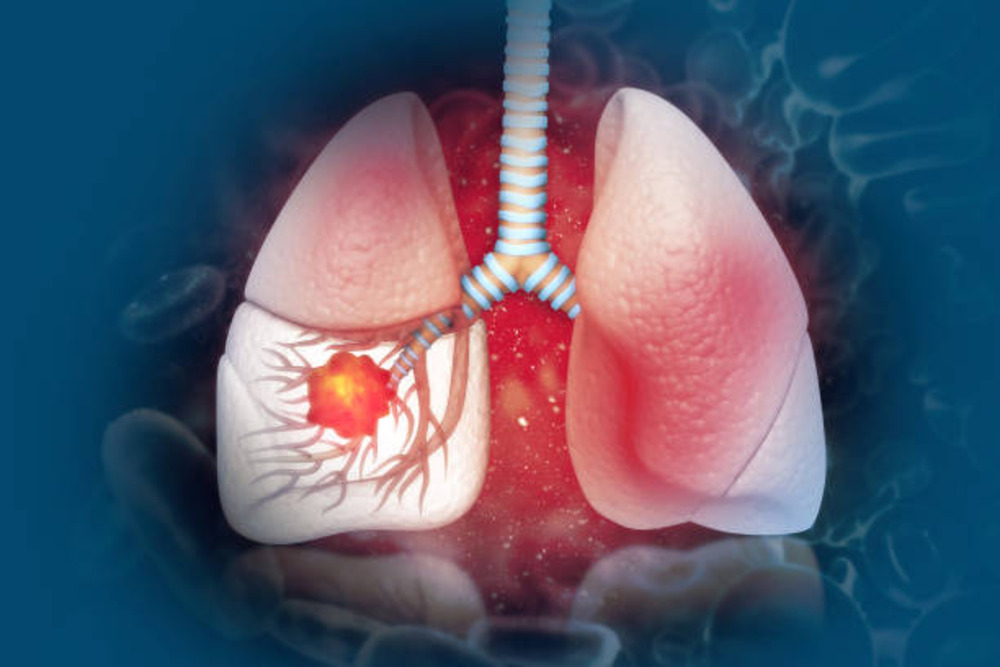All of us feel low, sad and down in the dumps occasionally. We all have bad days and we usually say that we’re depressed. But there is a big difference between depression and sadness. Depression can be defined as a continuing feeling of sadness, despondency or hopefulness with accompanying symptoms. These could include a loss of interest in life, a feeling of fatigue, inability to sleep or eat properly difficulty in concentration or in making decisions, headaches and other various pains.
It is a chemical illness that can have tragic results, as it clouds your thinking, your judgment and amplifies your sadness. Motivation is non-existent, sleep is just a memory and nothing matters anymore, not even life. Depression robs you of your very will to live. It affects 20% of all women, 10% of all men and 5% of all adolescents globally.
In fact, depression involves your entire body affects your moods, your thoughts, your behavior and even your physical energy. It is not a passing phase but something more serious that needs attention. And most importantly depression is not a sign of personal weakness or a condition that can be willed or wished away.
Causes:
Severe depression can cause years of unhappiness and low performance. So, what are the factors that cause it? High levels of long-term stress may often initiate depression. It may start when you miss important deadlines, projects fail, you are passed over for promotion, you feel out of control, you are tired, you are feeling inadequate, can’t come to grips with a new job or are just bored for a long period of time. Depressed people often frustrate and alienate those around them.
Because depression is still misunderstood as a moral weakness or stigmatized as a form of insanity many people are wary about using their employee health benefits to access treatment. They fear that some how, their bosses and colleagues will learn about the problem and use it as an excuse against them. Little do they understand that getting a diagnosis is often helpful in itself many people report that knowing what’s wrong and having plans to battle it gives them a sense of relief and empowerment. However, since anti-depressants generally take up to a month to take effect (and that often after several weeks of trial and error to determine an effective medication and dosage), you may have to spend several more weeks coping until the depression lifts.
Types of Depression:
Clinical Depression:
When depression is serious enough to require treatment, it is called clinical depression. When the symptoms are more severe, someone is said to be suffering from major depression. This condition tends to he episodic in nature.
Dysthymia:
Low to moderate level of depression that persists for at least two years and often longer. While the symptoms are not as severe as major depression, they are more enduring and resistant to treatment. Characterized by chronic depression its symptoms include low energy sleep or appetite disturbances and low self-esteem. It may or may not have a triggering life event. Quite often, there is nothing to blame it on, no loss or life change. This can be confusing for both the person affected, and their loved ones. But just as you can catch a cold seemingly out of no where, you can also slip into dysthymia for no apparent reason.
Manic Depression or Bi-Polar Depression:
Characterized by extremes of mood, the patient experiences absolute highs (mania) and absolute lows (depression). It involves major depressive episodes alternating with high-energy periods of wildly unrealistic activity. Every patient has a unique pattern of mood cycles, combining depression and manic episodes that is specific to that individual, but predictable once the pattern is identified. It typically begins in adolescence or early adulthood and continues throughout life. It is often not recognized as a psychological problem and develops without any clear cause.
Major Depression:
It is considered most serious in terms symptoms and their severity. You do not need to feel suicidal to have a major depression, and you do not need to have a history of hospitalization either, although both of these factors are present in some people suffering from major depression. It is a manifestation of a combination of symptoms, which interfere with the ability to work, sleep, eat, and enjoy once pleasurable activities. These disabling episodes of depression can occur once, twice, or several times in a lifetime. It can be triggered by a single traumatic event or may develop slowly as a consequence of numerous personal disappointments. Major depression should be differentiated from a normal grief response. The grief response is typically shorter in duration and does not affect a person’s self-esteem.
Seasonal Affective Disorder(SAD):
This condition is often called “winter blues”. A reaction to lack of sunlight in winter, mild or major depression develops in late fall and clears up in early spring. As the distance from the equator increases, this condition becomes more common. In the northern hemisphere, December, January, and February are the worst months.
Normal Depressed Mood and Grief:
Natural reactions to losses in life, they typically involve sadness, lethargy, and in serious cases (most often after losing a loved one) despair, anger, insomnia, poor appetite, obsessive thoughts and terrible guilt about any problems in the depressed person’s relationship with the deceased individual. What makes these reactions normal is that people eventually recover.
Adjustment Disorder with Depressed Mood:
Life is full of changes. Coping with them can be difficult.Many people feel overwhelmed and “crazy” for a while. Then they get things under control. If they don’t, and they become persistently gloomy, angry, and unable to cope, it’s most likely adjustment disorder with depressed mood.
Atypical Depression:
“Atypical” means unusual. Instead of feeling unrelenting gloominess and lethargy a person with this condition might seem deeply depressed for a few days, then fine for a while, or anxious and irritable. Like many other forms of depression, the atypical variety often develops without a triggering event.
Post Partum Depression:
New mothers typical expect to feel over joyed after giving birth. But because of the enormous hormonal changes of delivery and the challenges of dealing with an infant, two-thirds of women feel transient sadness. About 10-15 per cent become clinically depressed. And about one in 1,000 become so severely depressed that they need to be hospitalized for their own safety and the safety of their baby.
Psychotic Depression:
This is one of the most bewildering forms of depressive illness. Patients suffering from this condition are said to have lost touch with reality. That is to say that they perceive the world in a radically different way. They may be hallucinating or even suffering from a range of thought disorders, which cause them to completely misinterpret events.
Symptoms:
The general symptoms are as follows:
- Feeling of helplessness and hopelessness.
- Feeling useless, inadequate and bad.
- Self-hatred, constant questioning of thoughts and actions, overwhelming need for assurance.
- Being oversensitive or vulnerable.
- Feeling guilty.
- A loss of energy and motivation, that makes even the simplest of tasks or decisions seem difficult.
- Self harm.
- Loss or gain in weight.
- Difficulty in sleeping, or sometimes less frequent or excessive sleep.
- Agitation and restlessness.
- Loss of sex drive.
- Finding it impossible to concentrate at any lengths of time, forgetfulness.
And more often than not a sense of unreality. - Physical aches and pains, sometimes to the fear that you are seriously ill.
- Feeling slowed down or restless, unable to sit still.
Depression takes place not only in adults but also may manifest itself in grossing children and is most likely to occur in adolescents. Watch out if your child has these symptoms on a regular basis:
- Insomnia
- Fatigue
- Headaches
- Stomachaches
- Dizziness
- Apathy
- Social withdrawal
- Weight loss
- Difficulty concentrating in school
- Any signs of alcohol, smoking or even drugs
- Complaints of absent from school
If the depression continues unnoticed for a long time it leads to a severe condition. In severe depression, these feelings may also include:
- Suicidal ideas
- Failure to eat or drink
- Delusions or hallucinations
This however is very severe case and the patient needs medical treatment at once. Research has concluded that depression does not strike overnight, but develops gradually over several years. Family members and friends should be alert to persistent sadness and appetite changes because they can be early warning signs of a major depression.




